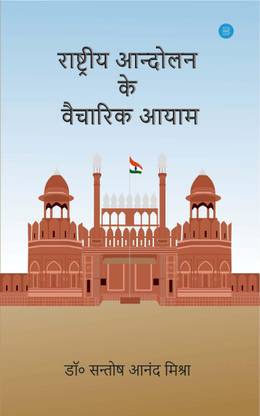Basant Kumar Biswas: A Young Revolutionary of the Indian Freedom Struggle (6 February 1895 – 11 May 1915)
Introduction:
Many young individuals sacrificed their lives for the freedom of their motherland during India’s independence struggle. Among those brave sons was Basant Kumar Biswas, whose name holds a remarkable place in Indian history. At the tender age of just 20, he carried out a daring act against the British Empire that immortalized him. He was an active member of the revolutionary organization “Yugantar Dal” and played a pivotal role in the 1912 assassination attempt on the British Viceroy, Lord Hardinge.
Early Life:
Basant Kumar Biswas was born on 6 February 1895 in Poragacha village, Nadia district, in the Bengal Presidency (now in West Bengal). His father, Matilal Biswas, belonged to a farming family. From an early age, Basant was intelligent, courageous, and deeply sensitive toward the nation.
He studied at the Baker School in Kolkata and later worked in a silk weaving company, where he came into contact with revolutionaries like Rash Behari Bose and Amarendranath Chattopadhyay. These associations marked the turning point in his life, leading him toward the path of revolution.
Revolutionary Life and the Yugantar Dal:
Basant Biswas joined the secret revolutionary group “Yugantar,” which advocated for armed resistance against British rule in India. Within the organization, he received training in bomb-making, covert operations, and planning attacks against British authorities.
Delhi-Lahore Conspiracy (1912):
On 23 December 1912, during a grand procession celebrating the Delhi Durbar, British Viceroy Lord Hardinge was riding on an elephant when a bomb was thrown at him near Chandni Chowk. The Viceroy was severely injured, and his attendant was killed in the attack.
This act was planned under the leadership of Rash Behari Bose and Amarendranath Chattopadhyay, and Basant Kumar Biswas was chosen to execute it. Disguised as a woman, he managed to throw the bomb and escape initially, but he was arrested shortly thereafter.
Arrest and Trial:
After his arrest, Basant Kumar Biswas was charged with sedition and attempted murder. He was considered a key accused in the Delhi-Lahore Conspiracy Case, and the trial lasted from 1913 to 1915.
The British court found him guilty, and he was sentenced to death. On 11 May 1915, Basant was executed at Ambala Central Jail. He was only 20 years old at the time. Before his execution, he urged his fellow countrymen to continue the struggle for independence.
Key Qualities of Basant Kumar Biswas:
- Patriotism at a young age: He chose the path of revolution at just 17.
- Courage and planning ability: He played an important role in the daring plot to bomb a high-ranking British official.
- Ideal of sacrifice: He faced death with a smile, demonstrating his deep commitment to India’s freedom.
Legacy and Remembrance:
Basant Kumar Biswas remains an enduring inspiration for Indian youth. His sacrifice teaches that freedom is earned not through words but through selfless acts of courage. Although mainstream history has not always given him due recognition, the impact of his actions is timeless.
Several schools, roads, and memorials have been named after him, especially in West Bengal and Haryana, to honor his legacy.
Conclusion:
Basant Kumar Biswas proved that the price of freedom is paid with sacrifice and bravery. His life stands as a shining example of courage, revolution, and patriotism. His contribution to India’s independence movement is indelible and unforgettable.












0 Comments
Thank you